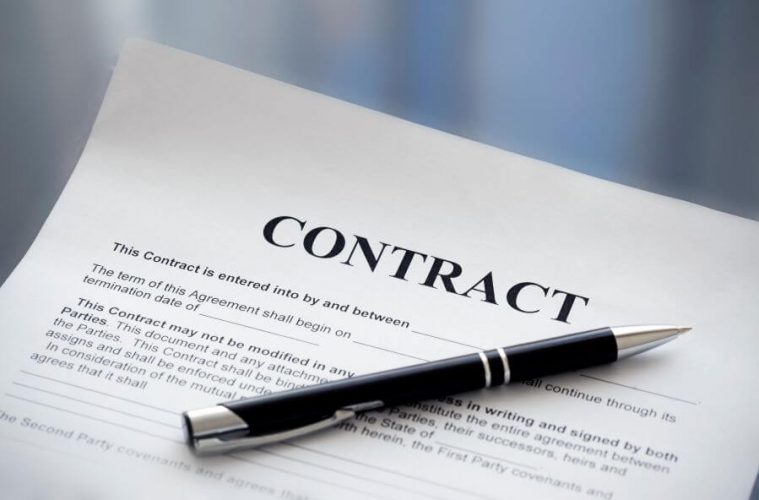Contract negotiations are a central theme in business. From negotiating new contracts to varying the terms of an old contract, having a solid understanding of how business contracts work and the ability to negotiate business contracts confidently is essential for professional success.
If you are interested in learning about business contracts, read on for a beginner’s guide to business contracts, including tips and tricks for what to look out for when you are involved in business negotiations.
The Basics of Contract Formation
For two parties to form a legally binding business contract in England and Wales, each of the following steps must be completed:
- An offer – A clear statement of the terms on which one side is prepared to do business with the other side;
- An acceptance – The other side formally agrees to the terms of the offer; and
- The intention to create legal relations – Both sides must intend the agreement to be enforceable by law.
How to Negotiate Effectively
Negotiations occur after the offer stage and before the acceptance stage. If one side is not happy with the other side’s offer, they can go back with a counteroffer; this invalidates the original offer.
When entering into a contractual negotiation, it is important to be clear about what your aims are, what is negotiable, and what is non-negotiable. Having this clarity at the outset will enable you to focus on getting what you need.
It is also important to understand what the other parties’ requirements are. Contracts are intended to be beneficial to both parties, so having a clear understanding of how your business can positively impact the other business will help to expedite the process. Part of this is knowing your leverage in the negotiations; this doesn’t mean exerting undue control over the other party but rather explaining the benefits your business can impart.
By knowing exactly what you can and cannot offer in negotiations, it makes it easier to end negotiations if entering an agreement with the other side turns out to be unfavourable. Understanding this puts you in a strong position and gives you the confidence to walk away if necessary.
Traps in Contracts
One common trap in contract negotiations is a failure to properly document all agreements during the negotiation process. This is especially important during in-person verbal negotiations; without documentation, verbal agreements can easily be reneged on.
Additionally, reading the fine print on a written contract can be easily overlooked, but it is important not to, as this can include important clauses such as renewals and terminations. Failure to carefully read this can lead to issues down the line. It is highly recommended for any party entering into a contractual agreement to consult a contract solicitor for advice and guidance before committing to ensure the contract is in your best interests.
Finally, it is important to be aware that contracts may need to be changed part way throughout their tenure, so it is important to ensure the contract has sufficient flexibility to account for future changes, be it personal or related to your business environment.
Common Terms and Clauses
Liability
Liability refers to the consequences for the failure or omission of certain actions within the contract.
Consideration
Consideration is what each party agrees to do, or not to do, in exchange for the terms within the contract.
Intellectual Property
Intellectual property clauses handle the creative products or services by one or both of the parties.
Force Majeure
Force majeure clauses address unforeseen events that prohibit parties from fulfilling their contractual obligations. It is important for these clauses to be highly specific to avoid any misinterpretation.
Limitation of Liability
A limitation of liability clause puts a limit on the amount one party has to pay if there is a breach of contract. A sensible amount must be carefully selected and stated to reflect any potential damages. A financial advisor can help you to decide on an appropriate amount.
Wrapping Up Negotiations
Once negotiations have been concluded, ensure the draft agreement is reviewed properly to ensure all agreed terms have been accurately stated. Provided both parties are satisfied with this, the contracts should be signed in the presence of witnesses by both parties. Lastly, healthy communication should be maintained with the other party to efficiently address any issues that may arise.


